MotoGP: FIM Confirms Two-year Engine Freeze from 2025
Both factory and private teams will face an engine freeze before 2027, as the 1000cc engines drop to 850cc, with tighter limits on aerodynamics and ride height adjusters.
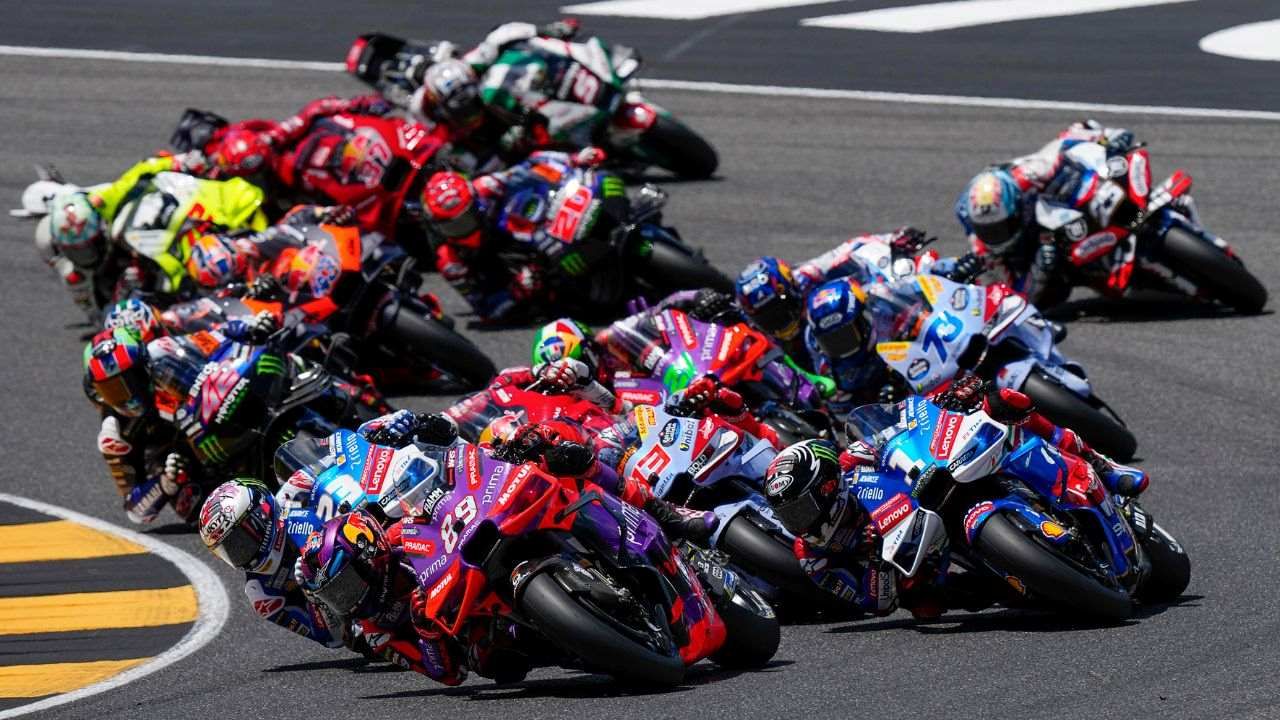
To control rising development costs and ease the transition to 850cc engines in 2027, the Grand Prix Commission will freeze MotoGP engine development starting in the 2026 season. This is similar to when 1000cc bikes were introduced in 2012. In 2027, MotoGP will also reduce aerodynamic complexity and completely ban ride height devices, aiming to create a more competitive, sustainable, and cost-effective racing environment for all manufacturers involved in the sport. These changes are expected to have a major impact on the future of MotoGP racing.
The statement reads: 'Engine specification in MotoGP will be frozen for 2026, meaning factories must also use their 2025 engine designs the following season. The Grand Prix Commission approved the proposal in order to control costs and keep a level playing field as much as possible before MotoGP™ changes to new bikes in 2027.
Also Read: 2025 MotoGP India Race Cancelled, Event Shifted to 2026 Due to 'Operational Issues'
'Those new bikes will make MotoGP safer, more sustainable and even more spectacular, and include completely new engine specifications. A freeze on development the season before keeps costs controlled for all, allowing factories to focus on their new designs for 2027.
'The sole exceptions to the freeze will be for safety or reliability, and for any manufacturers in concession Rank D. Corrections for safety or reliability, or proven non-availability of components, may be allowed for any manufacturer providing no performance increase will be gained.'
Also Read: MotoGP Japanese GP: Bagnaia Wins At Motegi Ahead of Martin and Marquez
To ensure fairness and control costs, non-concession manufacturers in MotoGP must homologate their engines before each season and cannot make further changes during the year. The engine freeze starting in 2026 will impact these manufacturers, as they will have to race with their 2025 engines in the following year. This is the first engine freeze since the COVID-19 pandemic, when non-concession teams had to use their 2020 engines in 2021.
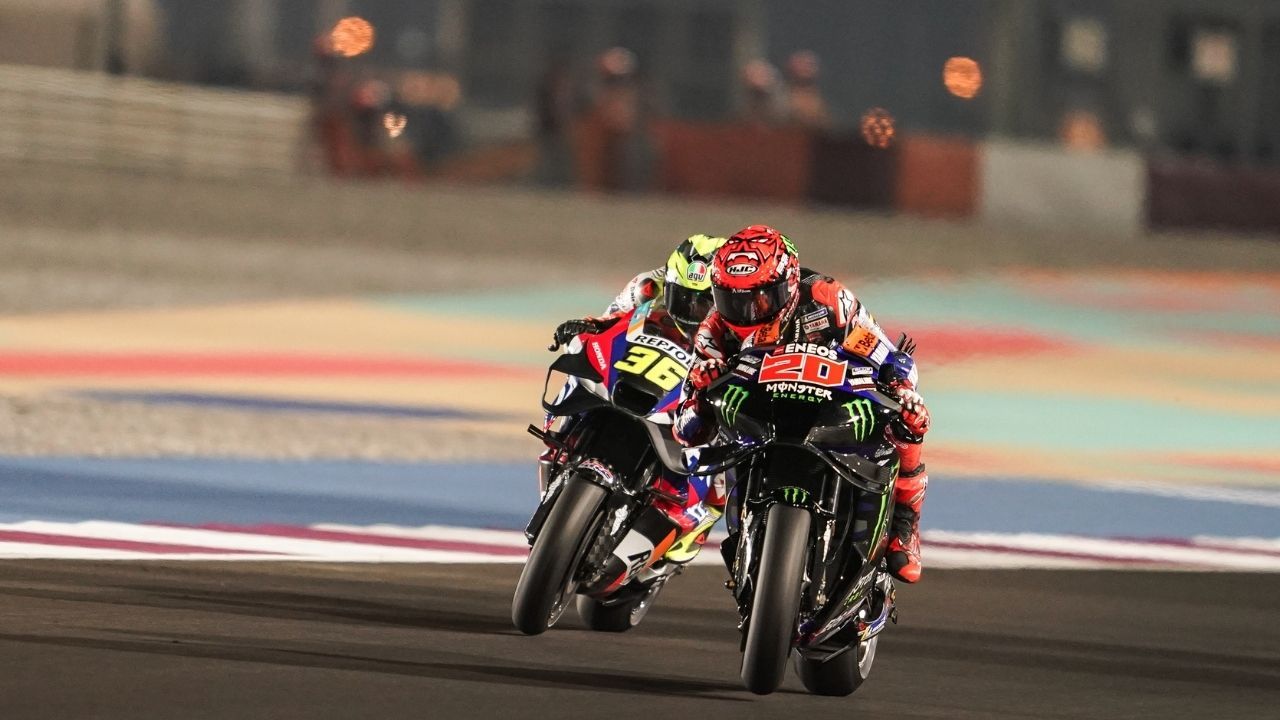
Yamaha and Honda, currently in concession group D, can keep developing their engines until 2026 if they don't achieve the results needed to leave concession status. This gives them more flexibility compared to other manufacturers.
Despite the freeze, all non-concession manufacturers, including those in group D, can still make changes to their engines if needed for safety, reliability, or component availability. This allows some room for essential updates despite the restrictions.
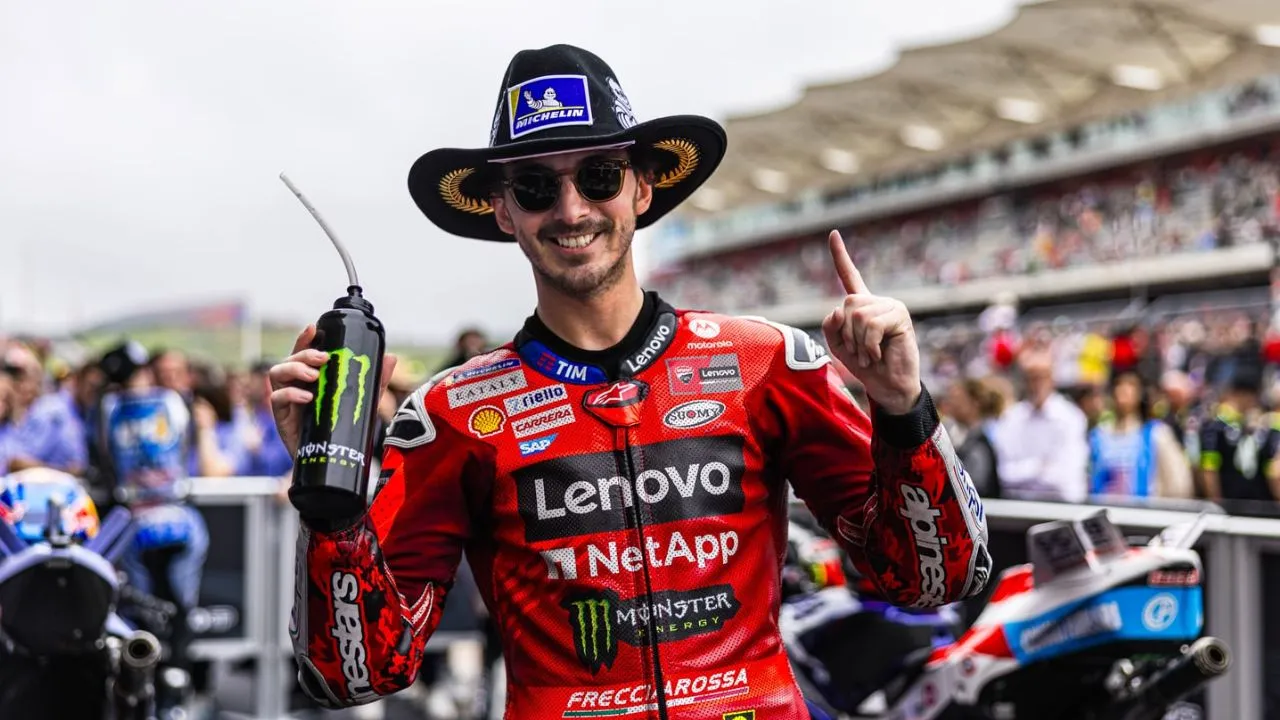
.webp)
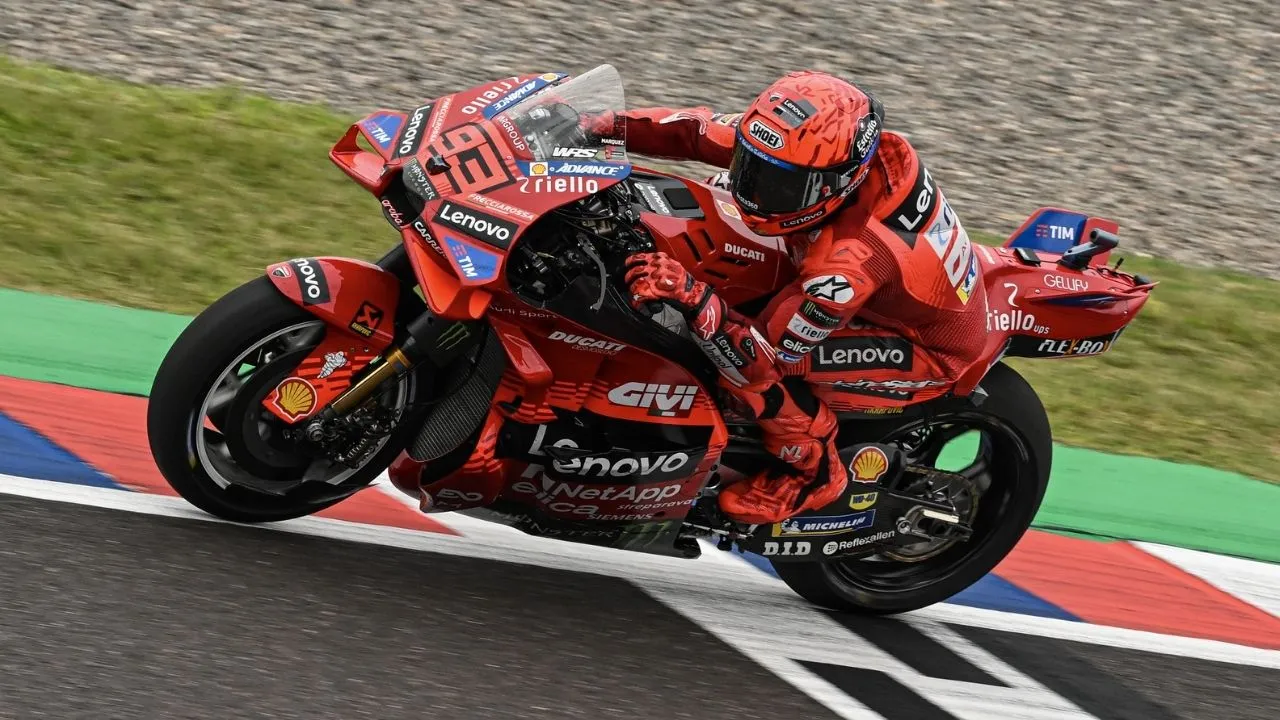
.webp)
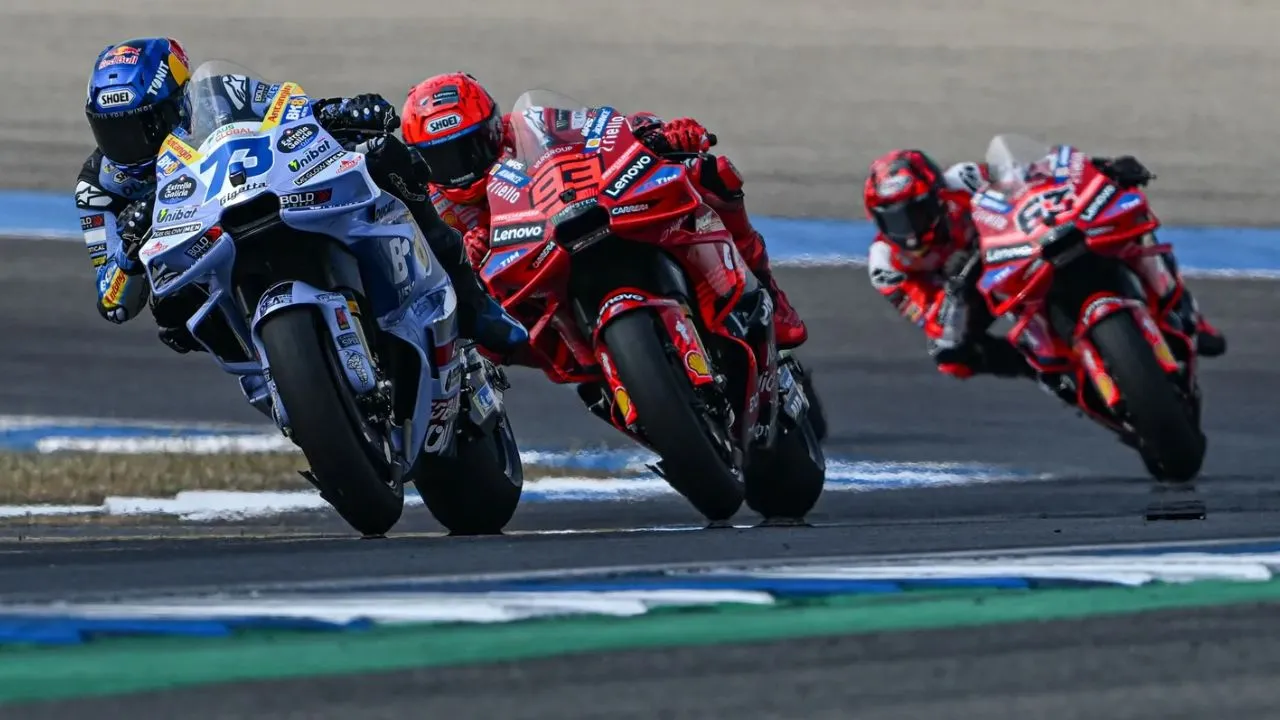
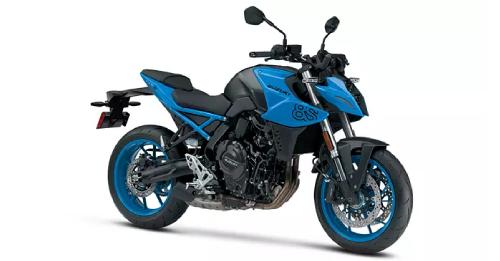
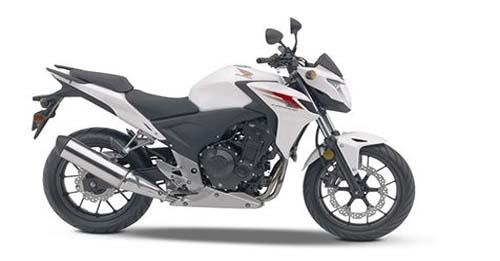
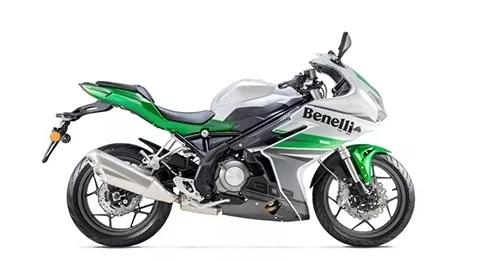
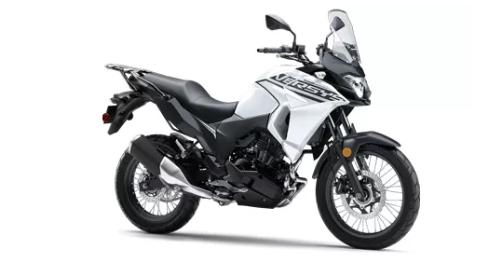
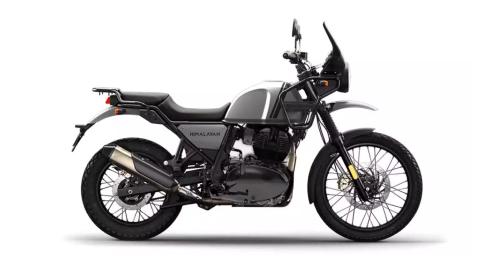
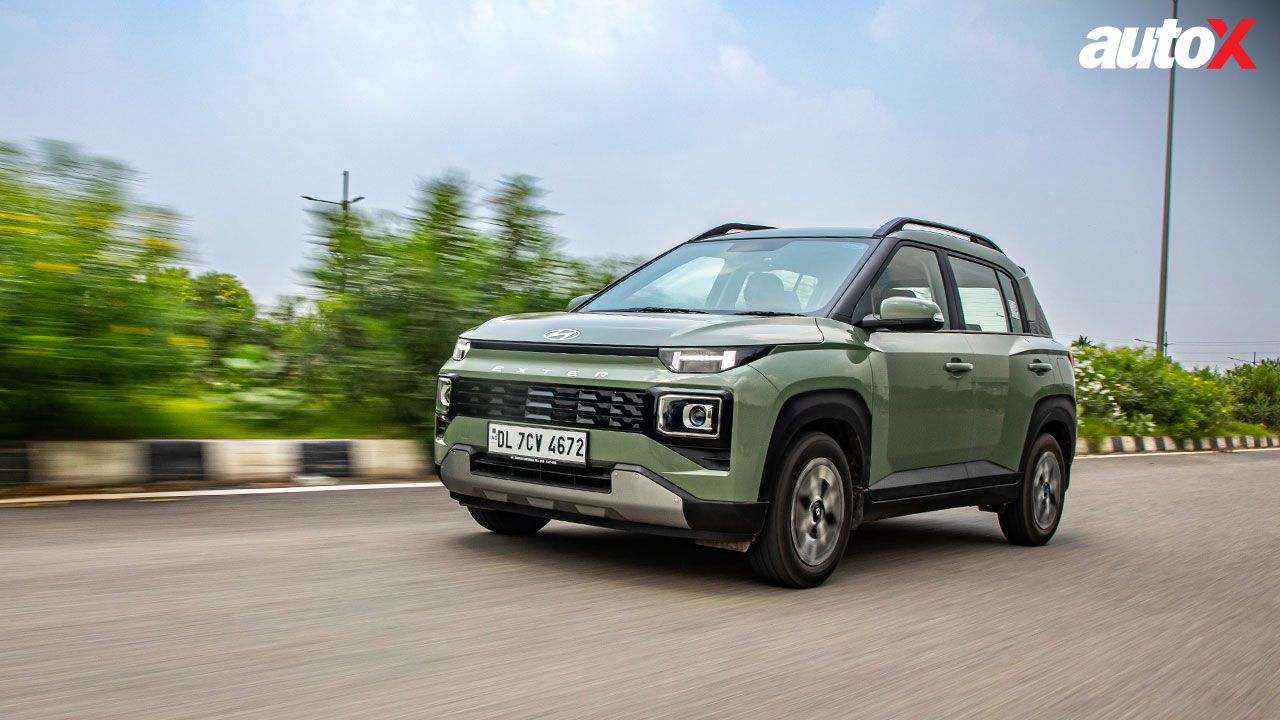
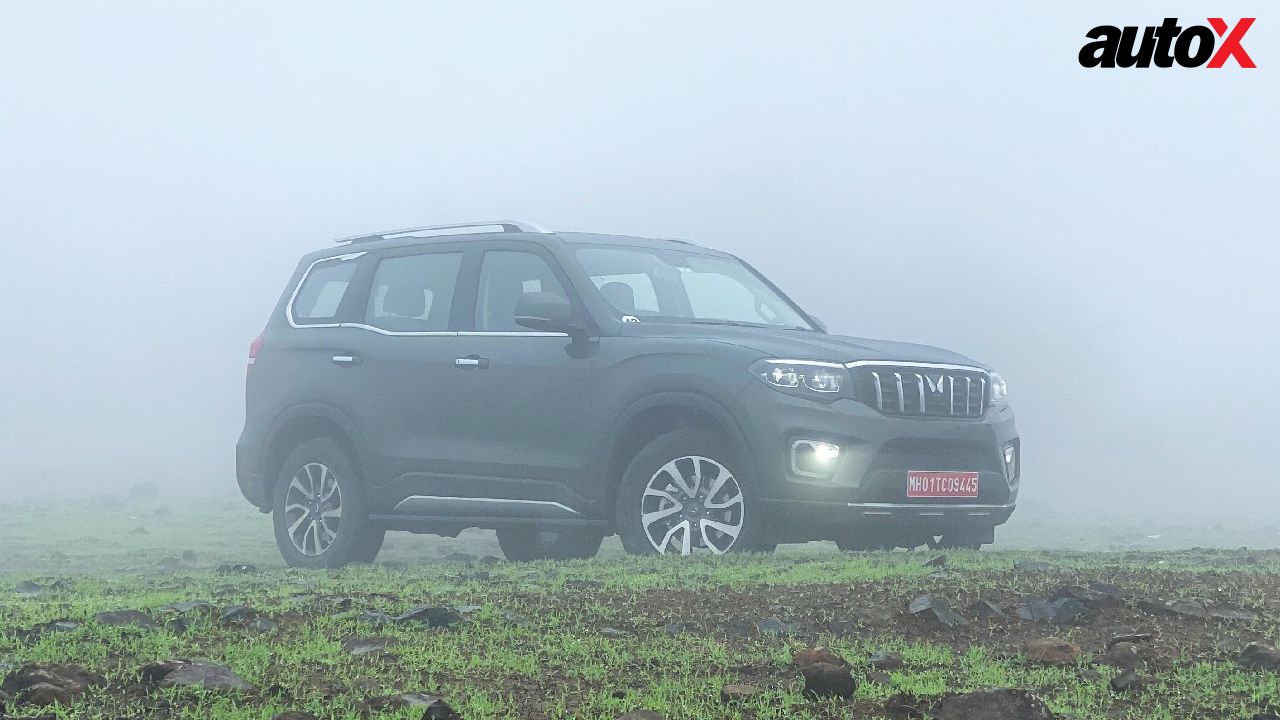
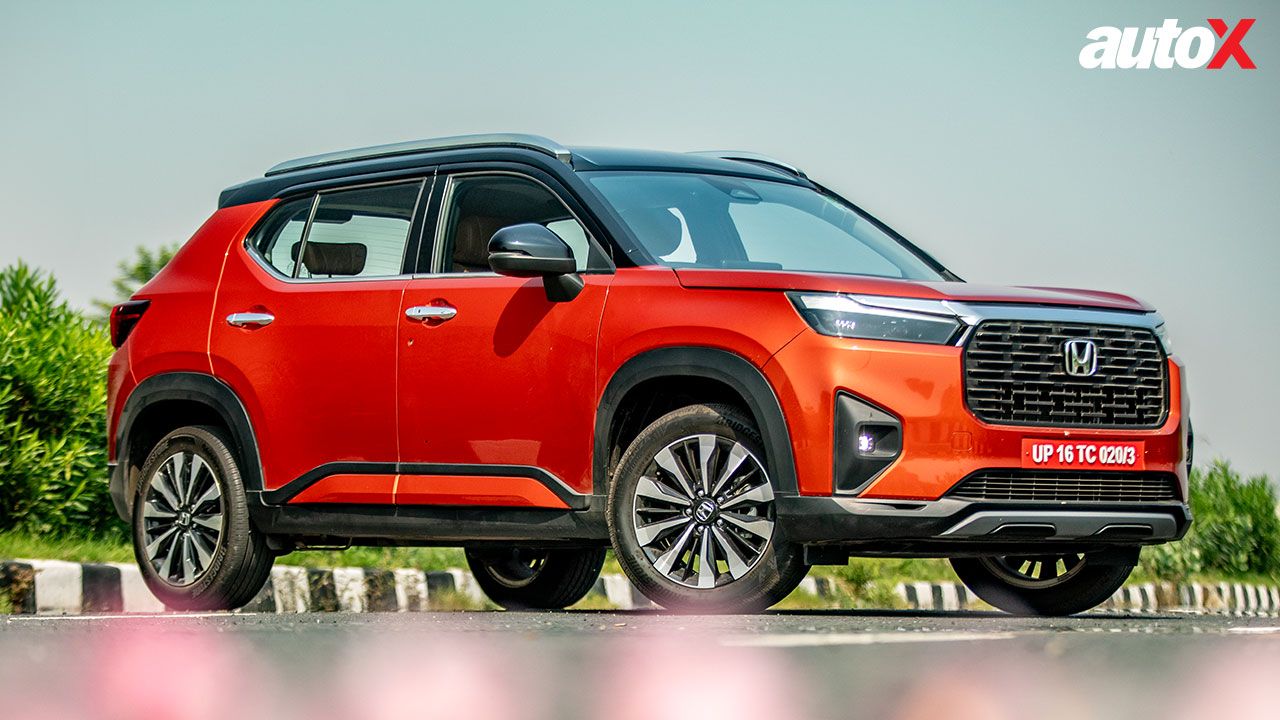
.webp)
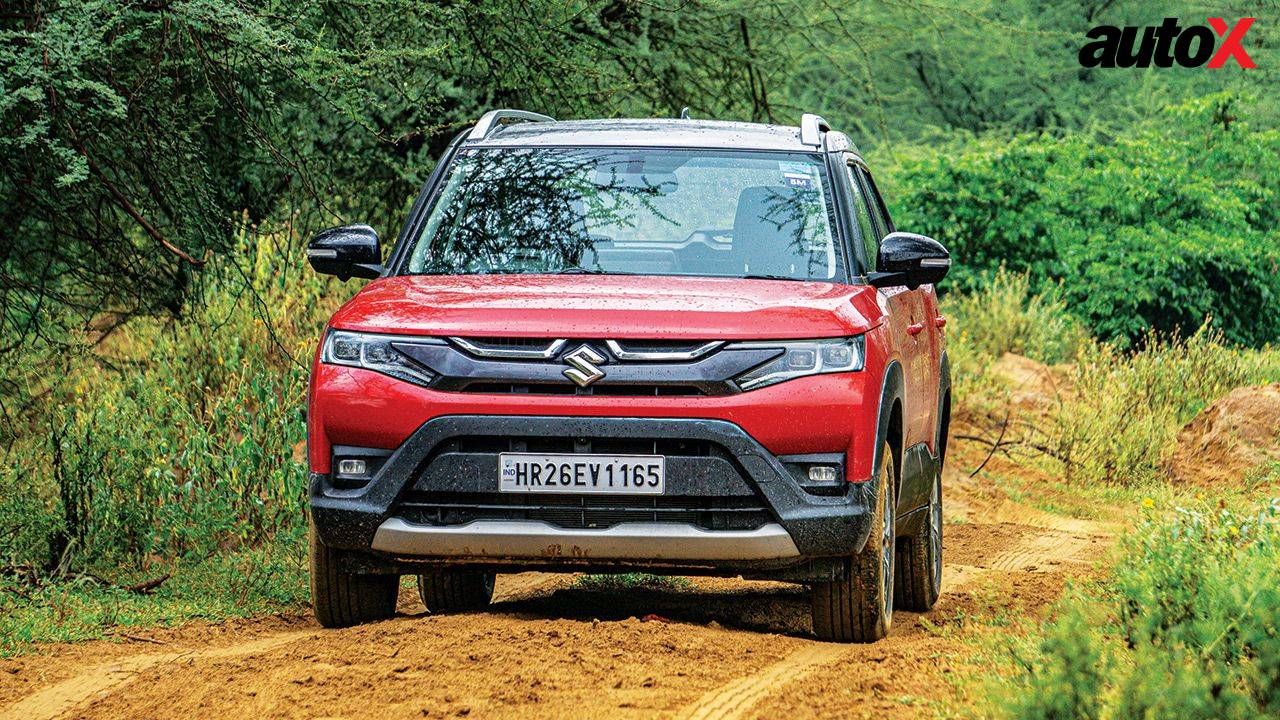
Write your Comment on